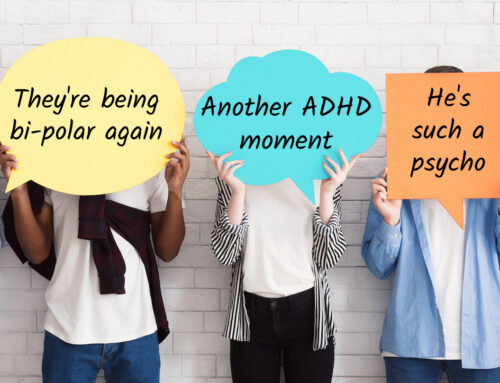Practicing gratitude has been shown to be a powerful way to improve your mood and overall well being. Research has shown that taking stock of things you are thankful for can reduce stress and depressive symptoms. The holiday season provides a nice opportunity to reflect and practice thankfulness and gratitude, but it can be hard to know how to start. For many of us, the holiday season (and life in general) can feel overwhelming and stressful. Finding a way to incorporate gratitude into the mix may feel impossible.
Yet, you can begin to practice gratitude in small ways. Here are a few suggestions of small ways to give thanks that can allow you to access some of the benefits of practicing gratitude.
- Write a Letter of Gratitude: Write a letter to someone you are grateful for in your life telling them how they have affected your life for the better and what you think their wonderful qualities are.
- Go on a Gratitude Walk: Set a goal to notice new sights, smells, and sounds around you as you walk. Spend a few minutes focusing on each of your senses and what you can observe with each. Be aware of the nature, the colors of the trees, and the sounds of birds. Notice how your feet and body feel as you take each step. Challenge yourself to notice things about your neighborhood that you don’t typically pay attention to as you go about your daily life.
- Create a Gratitude Collage: Take photos of things you are grateful for, even simple things from daily life. Find or create other visual representations that depict things you are grateful for. Children might enjoy cutting pictures out of magazines or creating artwork that represents things they are grateful for. Assemble the photos, artwork, and other materials into a collage that could later be displayed in your home.
- Start a Gratitude Journal: Experiment with different ways to note something you are grateful for each day. Some people like writing longer journal entries while others like simply listing a few things they are grateful for each day. The act of writing something down that you are grateful for each day (or every other day or once a week) encourages you to take notice of those things throughout the day and provides a written record you can look back on.
Many of these exercises can be done individually or together as a family. Practicing gratitude together with others can reduce stress and boost happiness in the short-term, while also helping foster positive relationships between family members that can be a powerful source of support in times of stress.
Further Reading:
Positive Psychology Program Resource Page for Gratitude
Gratitude and Well Being: The Benefits of Appreciation (peer-reviewed research article)
7 Scientifically Proven Benefits of Gratitude from Psychology Today
The Psychology of Gratitude edited by Robert A. Emmons and Michael E. McCullough
Gratitude by Oliver Sacks





